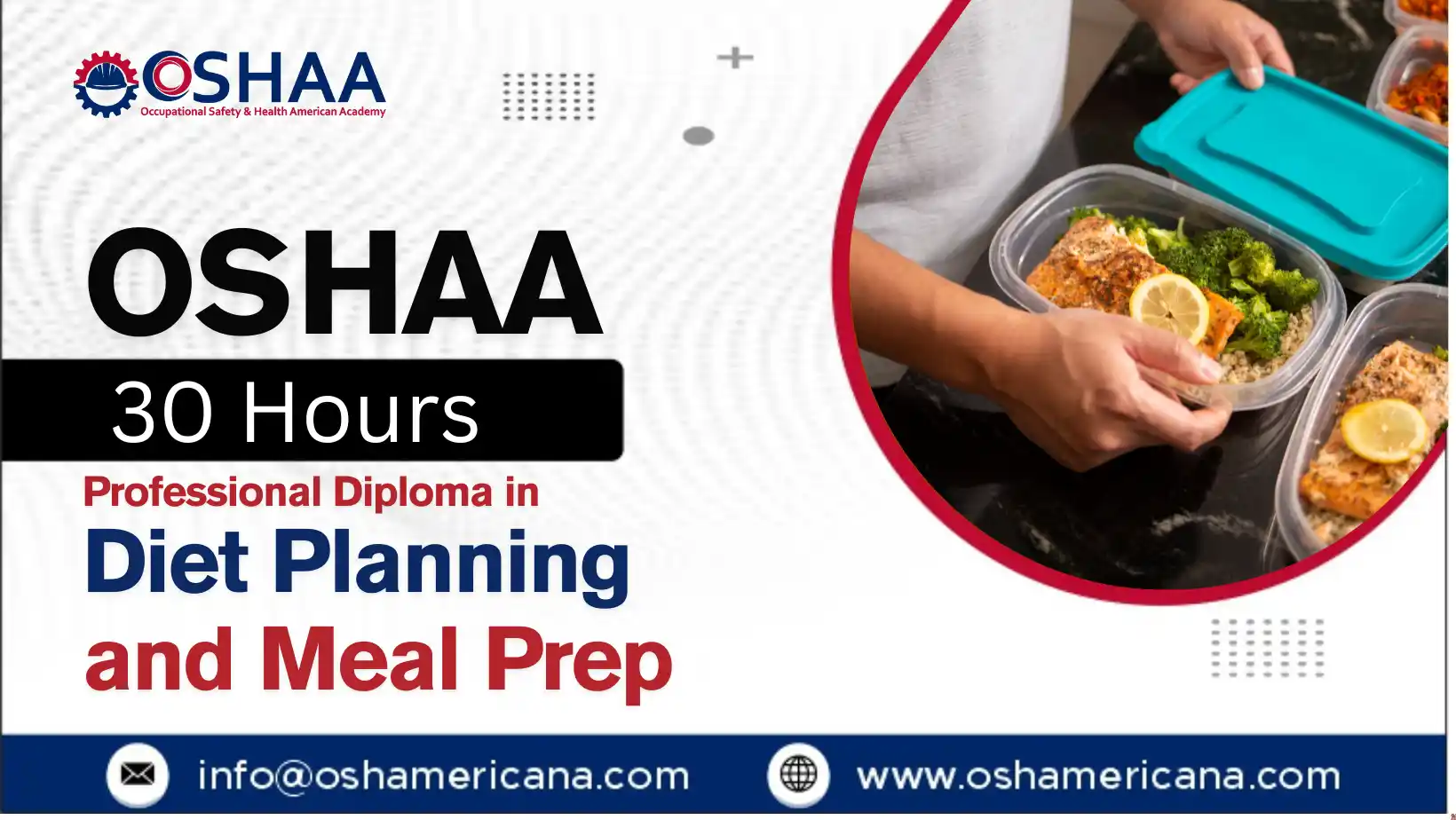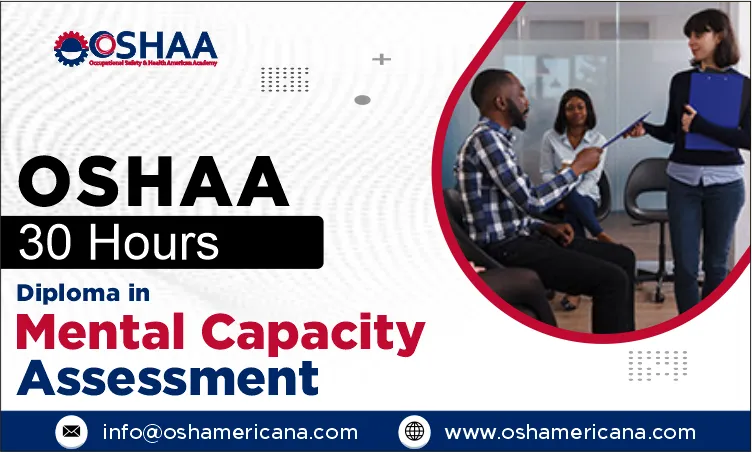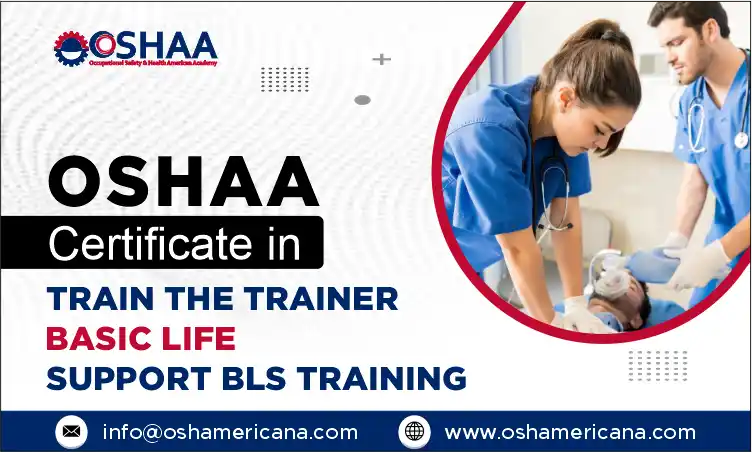In today’s health-conscious world, the ability to plan nutritious diets and prepare balanced meals is an invaluable skill. The OSHAA 30-Hours Diploma in Diet Planning and Meal Prep offers participants a comprehensive foundation in nutrition principles, practical meal preparation techniques, and effective diet planning strategies. This professional diploma is designed to equip participants with the knowledge and confidence needed to support healthier lifestyles, whether in personal, community, or professional settings.
The course’s flexible format allows participants to balance their learning with existing commitments, making it accessible to a wide range of individuals. With a clear emphasis on real-world application, participants are prepared to implement diet plans and meal preparation techniques confidently in various environments, from clinical settings to workplace wellness programmes.
One of the core benefits of the OSHAA Diploma in Diet Planning and Meal Prep is its focus on practical application. Participants learn how to select fresh, wholesome ingredients and develop efficient meal prep routines that save time while maintaining nutritional quality. These skills are invaluable for professionals in healthcare, fitness, and community support roles, as well as for those looking to improve their own eating habits and those of their families.
For those interested in advancing their expertise in diet planning and meal preparation, the OSHAA diploma represents a practical and professional pathway to success. With a blend of scientific knowledge and practical experience, participants are well-equipped to contribute meaningfully to nutrition education and healthy lifestyle promotion.
OSHAA 30-Hours Diploma in Diet Planning and Meal Prep
Study Units
Learning Outcomes
Introduction to Nutrition and Healthy Eating (3 hours)
- Understand the basic concepts of nutrition and its importance for health
- Identify the components of a healthy diet and balanced eating habits
- Recognise the role of nutrition in disease prevention and wellbeing
Macronutrients: Carbohydrates, Proteins, and Fats (3 hours)
- Describe the functions and sources of carbohydrates, proteins, and fats
- Explain how macronutrients contribute to energy production and bodily functions
- Assess dietary intake of macronutrients for balanced nutrition
Micronutrients: Vitamins and Minerals (5 hours)
- Identify essential vitamins and minerals and their roles in the body
- Understand symptoms and risks associated with micronutrient deficiencies
- Evaluate food sources rich in key vitamins and minerals for diet planning
Understanding Dietary Requirements Across Life Stages (4 hours)
- Explain how nutritional needs vary during infancy, childhood, adulthood, and older age
- Recognise specific dietary considerations for pregnancy and lactation
- Adapt diet plans to meet the changing nutritional requirements of different age groups
Special Diets and Managing Food Allergies (5 hours)
- Identify common food allergies and intolerances and their health impacts
- Understand the principles of managing special diets, including vegetarian, vegan, gluten-free, and diabetic diets
- Develop strategies to accommodate dietary restrictions safely and effectively
Principles of Diet Planning and Balanced Meals (4 hours)
- Apply nutrition guidelines to create balanced meal plans
- Incorporate variety, moderation, and adequacy in diet planning
- Design meal plans that support specific health goals and lifestyles
Practical Meal Preparation Techniques and Food Safety (4 hours)
- Demonstrate safe food handling, storage, and preparation practices
- Implement effective meal prep techniques that preserve nutritional value
- Ensure hygiene and safety standards are met during food preparation
Portion Control and Calorie Management (2 hours)
- Understand the importance of portion sizes in maintaining a healthy diet
- Apply calorie counting and management methods to support weight goals
- Use practical tools to guide appropriate serving sizes in meal planning
Here are course benefits for the OSHAA 30-Hours Diploma in Diet Planning and Meal Prep:
- Gain a solid understanding of nutrition principles essential for effective diet planning and meal preparation.
- Develop practical skills to create balanced, healthy meal plans tailored to individual dietary needs.
- Learn how to manage special diets and accommodate food allergies safely and confidently.
- Enhance knowledge of food safety and hygiene to ensure safe meal preparation practices.
- Improve ability to control portion sizes and manage calorie intake for better health outcomes.
- Receive a recognised professional diploma from OSHAA, enhancing your credentials in nutrition and health-related fields.
- Boost career opportunities in healthcare, wellness coaching, fitness, and community support roles.
- Benefit from a flexible, 30-hour course format designed to fit around your personal and professional commitments.
- Equip yourself to promote healthier eating habits for yourself, clients, or community groups.
- Build confidence to apply evidence-based diet planning and meal prep techniques in real-world settings.
- Participants working in healthcare, wellness, or fitness sectors seeking to enhance their nutrition knowledge and practical skills.
- Individuals aiming to support clients or communities with effective diet planning and healthy meal preparation.
- Occupational health professionals and workplace wellness coordinators looking to promote healthier eating habits.
- Caregivers and support workers responsible for meal provision and nutritional care.
- Those with a personal interest in improving their own or their family’s diet and lifestyle.
- Participants pursuing further education or career development in nutrition, dietetics, or health promotion.
- Anyone seeking a recognised professional qualification to expand their expertise in diet planning and meal prep.







